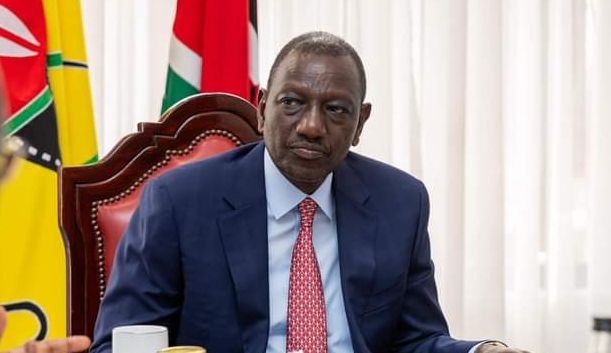Kenyan President William Ruto was recently removed from the speaker lineup at the London Africa Summit, an event focused on promoting business partnerships between Africa and international investors.
While no official reason was given for his removal, the decision follows ongoing discussions about African leaders’ representation at global summits.
Ruto has previously expressed a desire for African countries to take a more collective stance in international engagements, favoring African Union (AU) representation rather than each leader attending individually.
This position aligns with his stance that Africa’s presence at such summits should reflect unified interests rather than individual national representations.
This shift echoes Ruto’s concerns about the treatment of African leaders at international forums. He has criticized summits where numerous African leaders are invited to meet with a single head of state from another country, suggesting this approach can undermine the dignity and sovereignty of African nations.
Instead, Ruto has advocated for having select AU representatives attend on behalf of the continent.
This would streamline participation and potentially increase the impact of Africa’s voice on issues like climate change, economic growth, and global governance reform.
While Ruto did not attend this particular summit, his views on African representation were nonetheless influential, as he recently joined other African leaders in Rome to discuss climate change and economic development.
His statements there emphasized a cooperative relationship with international allies but stressed that Africa must be a proactive and respected partner in shaping global policies.
The approach aligns with broader trends as African nations increasingly advocate for equitable treatment on the global stage and a stronger voice in international policy decisions.


